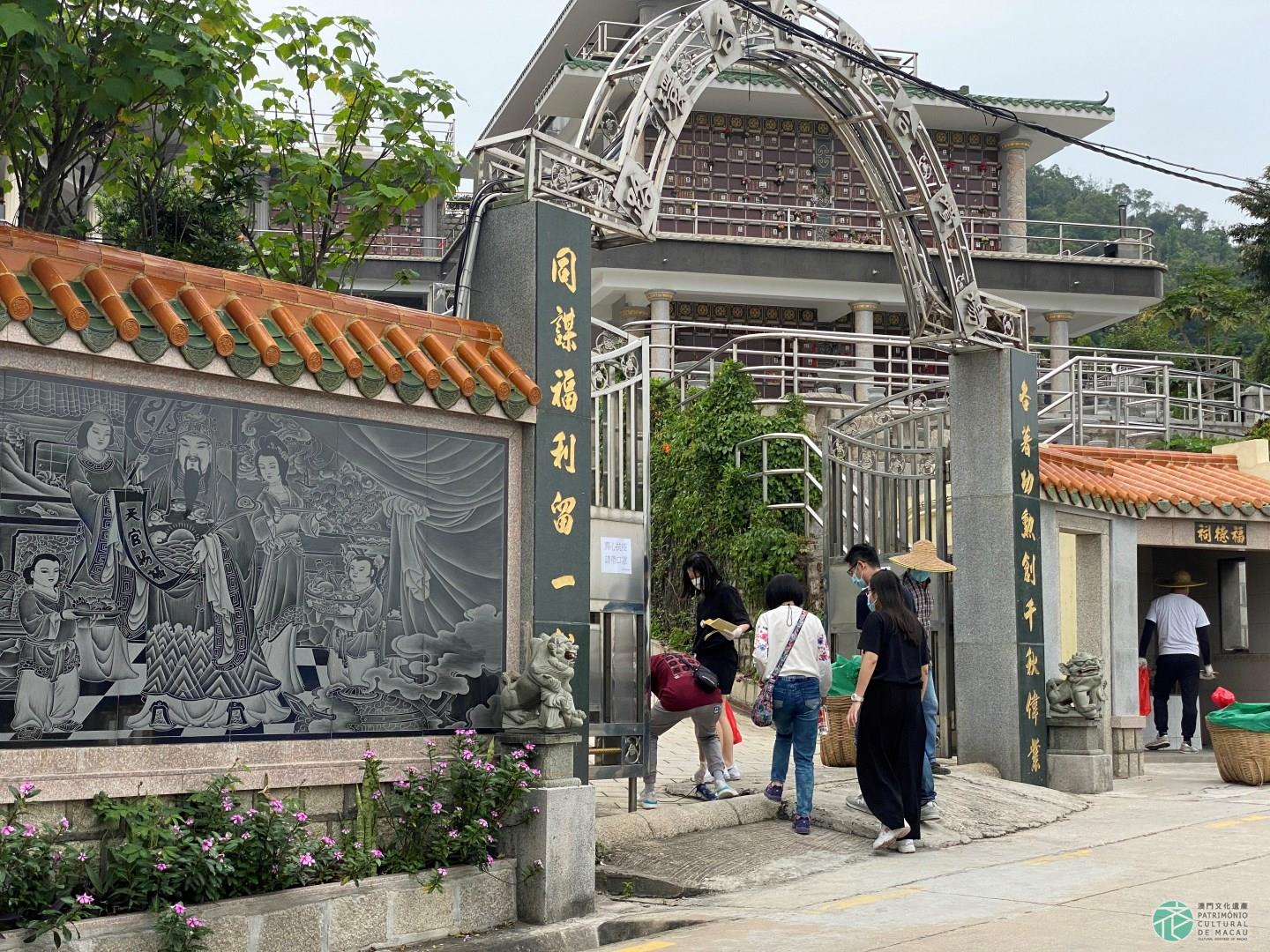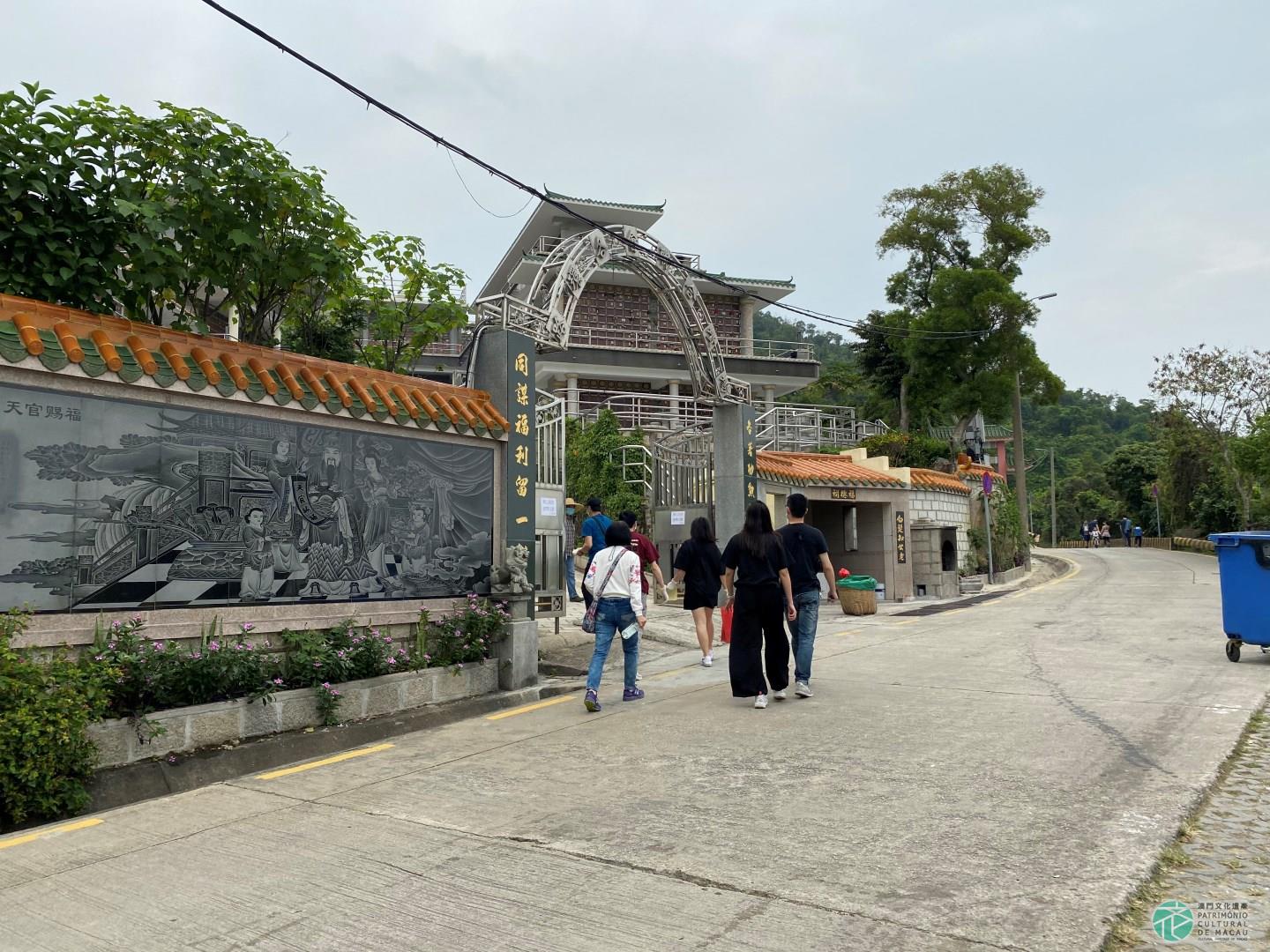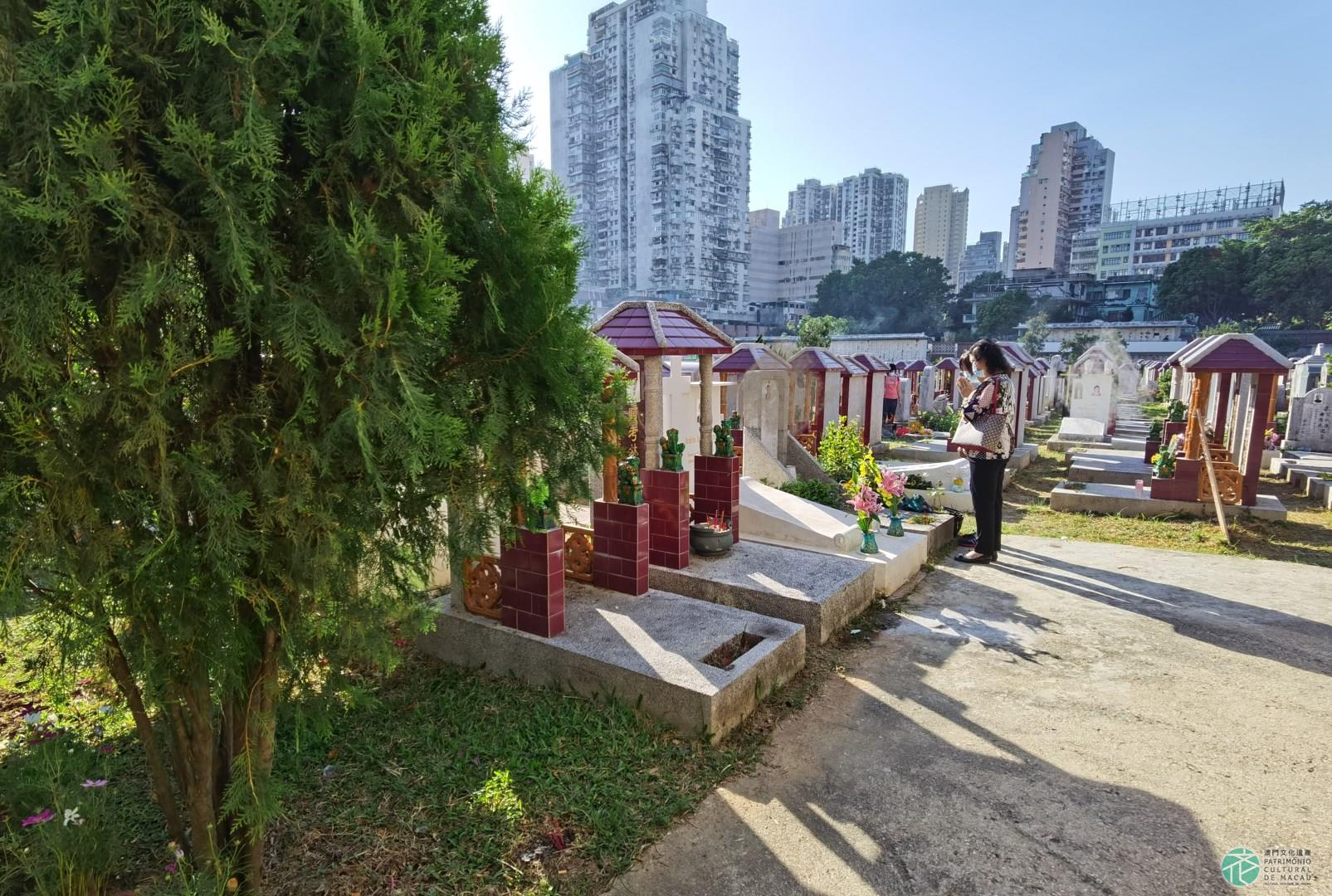Introduction:
The Cheng Ming (Day of the Departed) falls on the 15th day after the Spring Equinox. One day before the Cheng Ming is the Cold Food Festival. Since the Tang and Song dynasties, these two festivals have been gradually combined into one. The customs observed during the Cheng Ming mainly include tomb-sweeping, ancestor worship, spring outings and preventive measures against fires. In Macao, ancestor worship during the Cheng Ming Festival is regarded as an important traditional festival activity by the residents, usually involving the use of ritual articles such as joss sticks and candles, joss paper, and offerings of roasted piglets, fruits and wines. Apart from tomb sweeping, there are other customs like flying kites and planting willow branches.
Conservation Status:
Sweeping graves and worshiping ancestors during the Cheng Ming Festival are traditional customs that are greatly valued by the local Chinese community of Macao. The Cheng Ming (Day of the Departed) corresponds to an official public holiday of Macao, when the majority of local residents, whose ancestors can be traced back to Mainland China, go back to their hometowns to worship their ancestors. The tradition of the Cheng Ming (Day of the Departed) has been preserved to this day, with its core subject being the remembrance of ancestors.
Heritage Value:
The Cheng Ming (Day of the Departed) is a traditional festival of Macao that has a long-standing history, and, as such, it serves as a transmission and continuity of the traditional Chinese culture in Macao and also plays a significant role for the study of it. The beliefs, values and customs of the Cheng Ming (Day of the Departed) in Macao show how the Chinese community of Macao identify with their traditional culture. The respect and remembrance of ancestors and the respective practice of filial piety are good examples about traditional virtues and social ethics.


